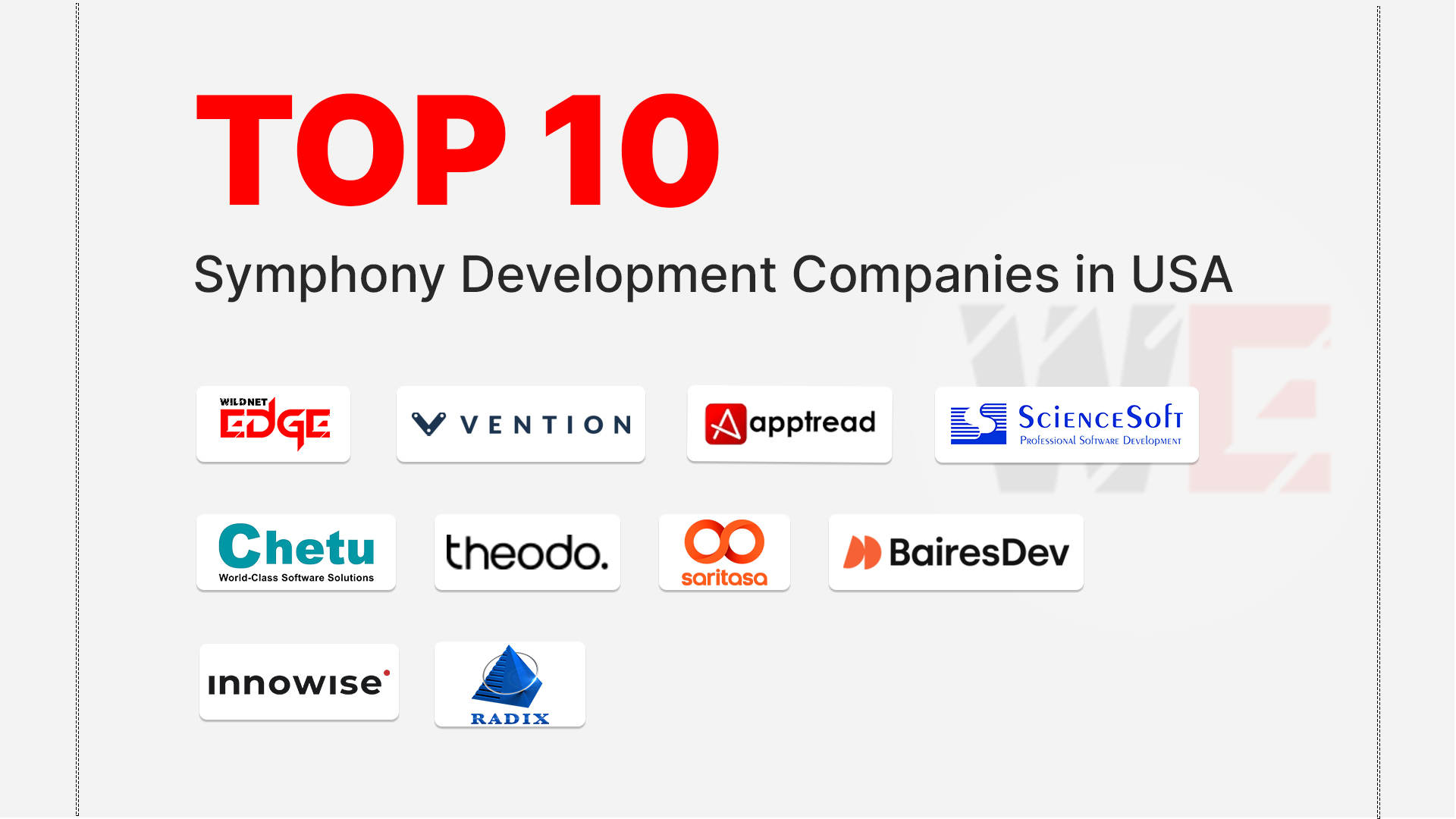In the rapidly evolving landscape of sports fandom, sports app development plays a pivotal role in fostering deeper connections between fans and their favorite teams. As technology advances, fans increasingly seek innovative solutions to engage with the sports they love. How do you keep fans informed and excited in this digital age? What tools and features fulfill their needs? This blog will explore how sports app development not only addresses these questions but also revolutionizes the way fans experience and interact with their teams. By integrating cutting-edge technologies and user-focused designs, developers can create applications that create a sense of community, enhance the enjoyment of live events, and keep fans engaged all year round.
Importance of Sports App Development
Developing sports apps is crucial for enhancing fan engagement and ensuring that teams and leagues maintain a vibrant connection with their audience.
Digital Connectivity in Sports
In today’s mobile-led world, sports apps have become central to how fans consume sports content. According to a study by eMarketer, over 80% of sports fans use mobile apps to follow their teams, showcasing the critical role these applications play in digital connectivity. With features that provide real-time updates on scores, team news, and player statistics, fans can stay in the loop, irrespective of their location. The immediacy of information delivery enhances the emotional investment fans have in their teams, ultimately driving loyalty.
The ability to connect digitally is not limited to mere updates. Apps empower teams to communicate directly with fans, allowing for a two-way dialogue. This engagement fosters a sense of belonging and involvement, which traditional media cannot replicate.
Enhancing Live Experiences
A well-designed sports app enhances live event experiences far beyond just providing scores. Features like live scores, game notifications, and player statistics offer fans timely information right at their fingertips. Traditional fan experiences often involve glued attention to televisions; however, apps can provide interactive content that enriches these experiences.
Imagine attending a live game where, alongside watching the match, fans receive real-time stats, can participate in live polls during breaks, and chat with fellow supporters. This blend of digital engagement while being physically present at events transforms a sport viewing into a highly interactive experience. By utilizing notifications for critical events, such as touchdowns in football or goals in soccer, fans remain at the forefront of the action, elevating their overall enjoyment. The modern sports fan desires a more immersive approach, and sports apps have become indispensable in achieving this goal.
Key Features in Sports App Development
To effectively connect fans to their teams, a sports app must incorporate various features tailored for improved engagement and interaction.
Fan Engagement Tools
A successful sports app thrives on user engagement tools that facilitate interaction between fans, teams, and the app itself. The inclusion of polls, forums, and discussion boards enables users to express opinions, voice concerns, or share experiences with fellow fans. These spaces not only foster community but also make the users feel valued.
Integrating social media connectivity, such as sharing game highlights via platforms like Twitter or Instagram, further enhances these tools. Such integration ensures that fans are part of a larger conversation and provides teams with real-time feedback, making it a mutually beneficial relationship.
Personalized Content Delivery
In a world where users demand customized experiences, sports apps should embrace personalized content delivery based on user preferences. Allowing users to tailor notifications about specific teams, players, or events increases the likelihood that they’ll engage with the app consistently. By analyzing user behavior, apps can serve personalized news articles, highlight reels, or notifications that resonate deeply with individual fans.
Successful apps, such as the NBA app or ESPN, take this approach seriously. These apps curate individualized content that not only keeps users informed but also makes them feel like they are part of a personalized sports journey. Tailored experiences lead to enhanced loyalty, as fans are more likely to return to an app that consistently meets their needs.
Tech Stack for Sports App Development
Crafting an engaging sports app relies heavily on a robust tech stack equipped to handle various demands.
Essential Technologies
Proficient sports app development involves an array of essential technologies. Key components often include APIs, which facilitate seamless communication between the app and external data sources, and cloud services that ensure scalability and availability. Utilizing APIs can provide real-time data on games, weather, and more, which enhance the user’s experience by delivering accurate information instantaneously.
Security is another critical consideration, especially regarding user data. With the rise in cybersecurity threats, integrating features like end-to-end encryption and secure payment methods ensures the safety of users’ information. Building trust with fans relies heavily on how developers handle this data, and it is imperative for apps to implement robust security protocols from the get-go.
Comparing Platforms
When it comes to sports app development, choosing between iOS and Android platforms requires careful consideration. Both platforms offer unique benefits and drawbacks, so it is essential to weigh these when developing an app.
- iOS tends to have a higher user spending rate, meaning monetization opportunities might be more lucrative.
- Android, on the other hand, commands a much broader market share, providing access to a larger audience.
Development costs can vary significantly between the two platforms, with iOS apps generally being easier to monetize but requiring more rigorous testing standards. In contrast, Android apps might involve more fragmentation due to the vast device range but often yield quicker release cycles.
Engaging Fans Through Gamification
Embracing gamification is an effective strategy for increasing fan engagement in sports apps.
The Role of Gamification in Engagement
Gamification can transform the user experience by leveraging game-like elements within the app to create a more engaging environment. Integrating challenges, leaderboards, and reward systems helps in attracting and retaining user attention. For instance, features allowing fans to earn points for engaging with content, participating in quizzes, or attending games can significantly enhance loyalty.
Apps like FanDuel and DraftKings have successfully utilized gamification, where users don’t just passively consume information. Instead, they are motivated to engage, compete, and interact with others, keeping them invested in the app for longer periods.
Case Studies of Successful Gamified Apps
Several sports apps illustrate effective gamification strategies. Take the ESPN Fantasy Sports app, for example, which offers users a chance to draft players and manage their teams while following live games. This blend of competition and real-time data keeps users engaged and coming back for more.
Another effective example is Scoreboard, an app that engages fans through challenges and trivia related to live games. Users compete against each other by answering questions or predicting game outcomes, creating a fun, competitive atmosphere. Feedback indicates improved levels of fan interaction via these gamified elements, showing that users appreciate added layers of engagement.
Monetization Strategies for Sports Apps
Developers of sports apps must think strategically about monetization to ensure long-term viability.
Revenue Streams for Sports Apps
There are several monetization strategies that can yield revenue for sports apps. Some of the most common strategies include:
- Advertising: Partnering with brands for targeted advertising can help capitalize on user base engagement.
- Subscriptions: Offering premium content through subscription models can provide consistent income.
- In-app Purchases: Allowing fans to buy exclusive content or features creates additional revenue streams.
It’s crucial to recognize that fans are often willing to pay for premium experiences, so providing unique features can dramatically enhance the success of any monetization strategy.
Examples of Effective Monetization
The DAZN app, dedicated to sports streaming, is a prime example of effective monetization through subscription services. By offering subscription plans that provide access to a wide range of sports, the app has successfully built a loyal user base willing to pay for live content.
Another best practice is showcased by the NBA League Pass app, which combines subscriptions for exclusive game highlights and access to archived content. This strategic blend of monetization approaches highlights valuable insights: fans will invest in content that enhances their connection to the sport.
Future Trends in Sports App Development
As technology evolves, so does sports app development. Keeping an eye on emerging trends will prepare developers for future opportunities.
Emerging Technologies to Watch
Augmented Reality (AR) and Virtual Reality (VR) are set to revolutionize fan engagement in sports apps. These technologies stand to create immersive experiences that incorporate game elements, such as virtual stadium tours or player interactions. For example, AR could enable fans to visualize stats or player highlights in real time, while VR offers opportunities to virtually attend games from distances far beyond the stadium.
As advancements continue to unfold, developers should consider how these technologies can be integrated to captivate users and enhance their overall experience.
Predictions for Fan Interaction
The future of fan engagement is bright, but it is not without challenges. As expectations rise with technological advancements, meeting these demands will be crucial for sports app developers. Future trends are likely to include further personalization, AI-driven content suggestions, and enhanced real-time interactions.
Challenges, such as maintaining user privacy while providing personalized experiences or ensuring smooth integration of advanced technologies, will need addressing. Developers will have to strike a balance between innovation and user experience to keep fans engaged continuously.
Conclusion
Sports app development is fundamental in enhancing fan engagement and bridging gaps between teams and their audiences. It’s evident that through the integration of advanced technology, social engagement, and personalized experiences, apps can create lasting connections with fans. Wildnet Edge is at the forefront, leveraging AI and innovative solutions to ensure your sports app development is a success. If you’re looking to explore custom sports app solutions, today is the time to connect and elevate how fans experience their favorite sports.
FAQs
Q1: How does sports app development enhance fan engagement?
Sports app development enhances fan engagement through real-time updates, personalized content, and interactive features that bring fans closer to their favorite teams and events.
Q2: What are the key features of successful sports apps?
Key features of successful sports apps include live scores, gamification elements, social media integration, and customizable push notifications to keep fans informed and engaged.
Q3: Which technologies are vital for sports app development?
Vital technologies for sports app development include APIs for data integration, cloud services for scalability, and security protocols to protect user data and ensure privacy.
Q4: How can gamification improve fan engagement in sports apps?
Gamification improves fan engagement by incorporating challenges, rewards, and competitive elements that keep users invested in the app and increase overall interaction.
Q5: What monetization strategies are effective for sports apps?
Effective monetization strategies for sports apps include subscription models for premium content, in-app purchases for exclusive features, and targeted advertising partnerships.

Nitin Agarwal is a veteran in custom software development. He is fascinated by how software can turn ideas into real-world solutions. With extensive experience designing scalable and efficient systems, he focuses on creating software that delivers tangible results. Nitin enjoys exploring emerging technologies, taking on challenging projects, and mentoring teams to bring ideas to life. He believes that good software is not just about code; it’s about understanding problems and creating value for users. For him, great software combines thoughtful design, clever engineering, and a clear understanding of the problems it’s meant to solve.
 sales@wildnetedge.com
sales@wildnetedge.com +1 (212) 901 8616
+1 (212) 901 8616 +1 (437) 225-7733
+1 (437) 225-7733















 ChatGPT Development & Enablement
ChatGPT Development & Enablement Hire AI & ChatGPT Experts
Hire AI & ChatGPT Experts ChatGPT Apps by Industry
ChatGPT Apps by Industry ChatGPT Blog
ChatGPT Blog ChatGPT Case study
ChatGPT Case study AI Development Services
AI Development Services Industry AI Solutions
Industry AI Solutions AI Consulting & Research
AI Consulting & Research Automation & Intelligence
Automation & Intelligence















